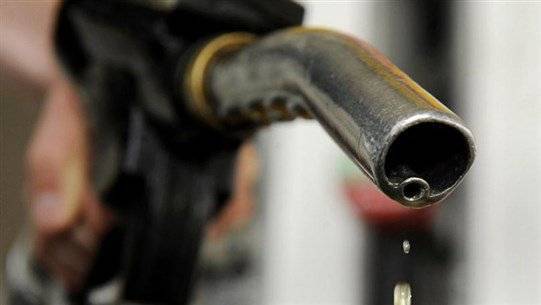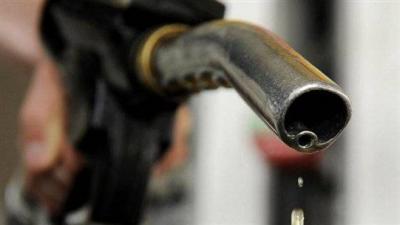The Oil Importers' Association responded to statements made by some commercial banks regarding the large demand for dollars from oil-importing companies, which has reportedly exceeded the amounts requested during normal days, raising several questions. The statement clarified: "It is important for oil importing companies to explain the following: Any import operation for gasoline is subject to prior approval from the Central Bank of Lebanon. These companies submit invoices related to gasoline to commercial banks, which verify them and send them to the Central Bank for approval, announcing their total sales daily. It is noteworthy that official documents are verified at the depot by a representative from the General Directorate of Customs who witnesses each tanker being sent daily, with data sent daily to the Ministry of Energy and Water."
It added: "The companies deposit the amounts resulting from gasoline sales in Lebanese pounds in banks. Only after this deposit is made does the dollar exchange rate against the Lebanese pound through the Sayrafa platform become effective in banks and by the Central Bank. The quantities of gasoline imported to Lebanon have decreased compared to previous years, but the price in dollars has risen due to increasing global oil prices following the outbreak of the Russian-Ukrainian war about three months ago. It is noted that the weekly consumption volume is estimated at about 60 million US dollars based on current global prices."
It continued: "The price of gasoline in dollars is determined by the General Directorate of Oil at the Ministry of Energy and Water and is converted to Lebanese pounds according to the exchange rate on the Sayrafa platform. Meanwhile, the oil-importing companies deliver gasoline to the stations five days a week, which is enough to meet the consumption needs at the stations for a full seven days a week. However, Lebanese banks recently closed for 21 days (strikes, holidays, and official closures) out of 45 days, between March 21 and May 4, 2022. Therefore, this closure explains the accumulated amounts for the companies at the banks resulting from gasoline sales, rather than the quantities sold."
The statement concluded: "As a result of the communications made by the association with the concerned parties, there has been some improvement in the process of converting amounts from Lebanese pounds to US dollars. However, the association urges the concerned parties to expedite the processing of the remaining amounts deposited in the banks to avoid impacting the delivery process in the market. This is to clarify the complete truth to the Lebanese public, and based on all that has been presented, clarification is necessary."




